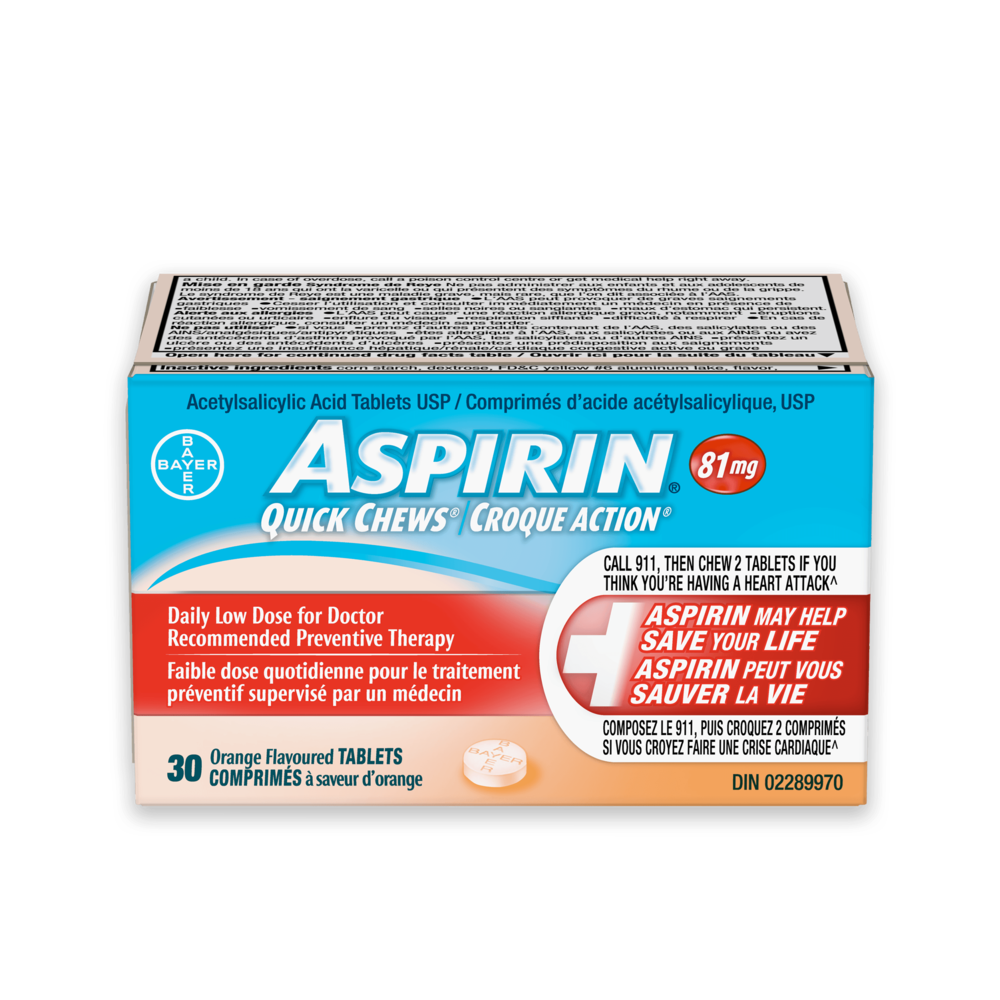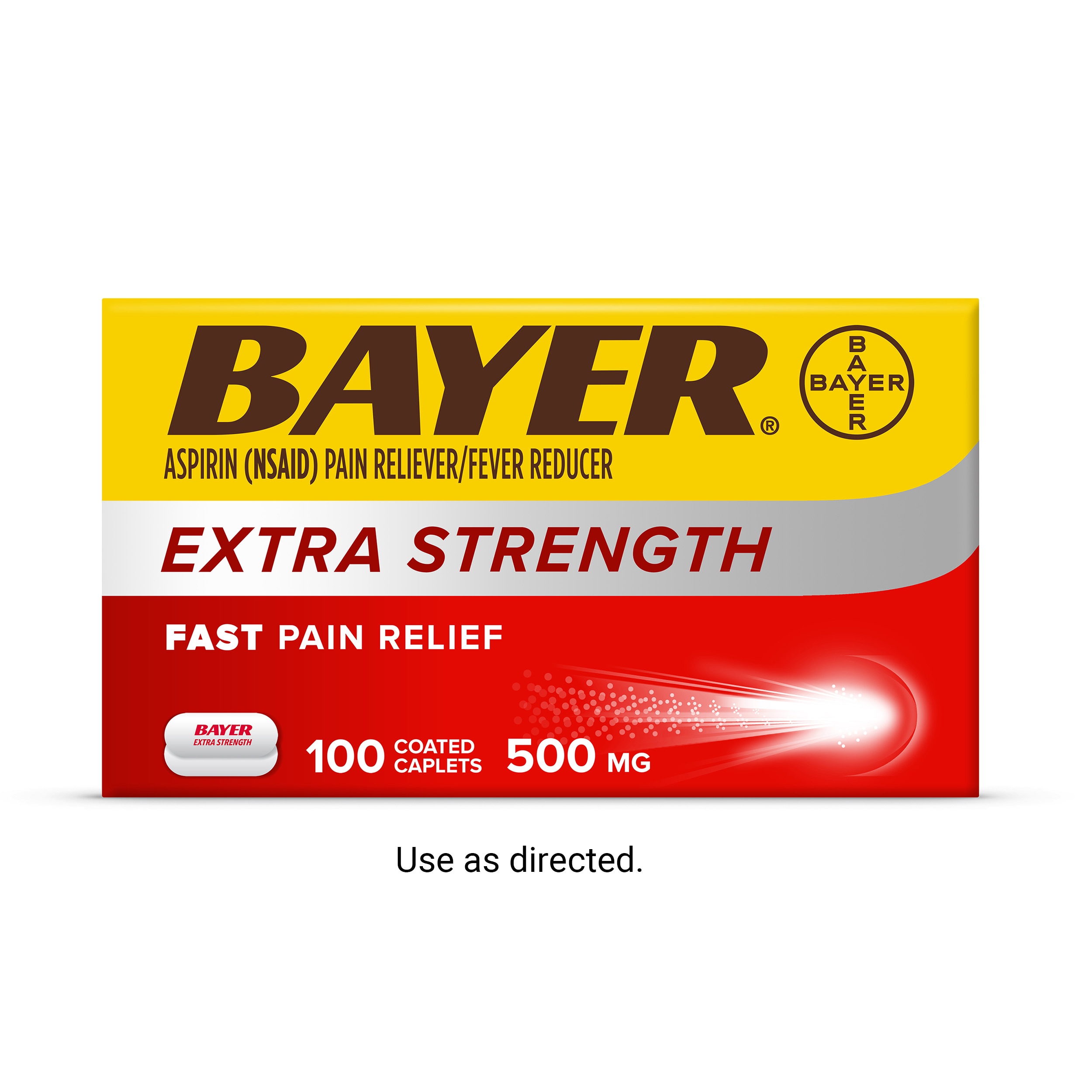We deliver to you every day from 7:00 to 23:00
The best discounts this week
Every week you can find the best discounts here.
Can Aspirin Help with Muscle Pain?
Aspirin is one of the most commonly used over-the-counter pain relievers, often found in homes and medicine cabinets worldwide. But can aspirin help with muscle pain? This is a question that many people ask when seeking relief from aches and discomfort caused by physical exertion or injury.
In this article, we will explore whether aspirin is an effective treatment for muscle pain, how it works, and when to use it. By the end, you’ll have a clearer understanding of whether aspirin is the right choice for managing your muscle pain.

Understanding Muscle Pain
Before diving into whether aspirin is helpful, it’s essential to understand what muscle pain is and what causes it. Muscle pain, also known as myalgia, can be caused by various factors such as overuse, tension, injury, or even stress. It can also result from more severe conditions like muscle strains, inflammation, or infections.
In most cases, muscle pain occurs when the muscles are stressed beyond their normal capacity. This leads to micro-tears in the muscle fibers, which can cause pain, stiffness, and swelling. The severity of the pain can vary, from mild discomfort to intense, debilitating soreness.
How Does Aspirin Work?
Aspirin, scientifically known as acetylsalicylic acid, is a nonsteroidal anti-inflammatory drug (NSAID). It works by blocking the production of certain chemicals in the body that cause inflammation, pain, and fever. These chemicals are called prostaglandins, and they play a significant role in the body’s response to injury or irritation.
By reducing the levels of prostaglandins, aspirin can help to reduce inflammation and alleviate pain. This mechanism makes aspirin effective for treating many types of pain, including headaches, arthritis, and muscle pain.

Aspirin for Muscle Pain: Is It Effective?
So, can aspirin help with muscle pain? The answer is yes, to a certain extent. Aspirin can be beneficial for managing mild to moderate muscle pain caused by overuse, tension, or minor injuries. It works by reducing inflammation in the affected area and providing pain relief.
However, while aspirin is effective for general muscle pain relief, it may not be the best solution for more severe cases, such as those involving muscle strains or tears. In these instances, stronger pain management methods or more specialized treatments may be necessary.
Benefits of Aspirin for Muscle Pain
-
Pain Relief: Aspirin is effective in relieving muscle soreness, especially after exercise or physical activity.
-
Anti-Inflammatory: It can help reduce inflammation in the muscles, which is often the cause of pain and stiffness.
-
Widely Available: Aspirin is easy to find and purchase over-the-counter, making it a convenient option for pain relief.
Potential Drawbacks of Aspirin
-
Gastrointestinal Issues: Aspirin can irritate the stomach lining, potentially leading to ulcers or bleeding if taken excessively.
-
Allergic Reactions: Some people may have an allergic reaction to aspirin, which can cause symptoms like rash, swelling, or difficulty breathing.
-
Not for Everyone: People with certain medical conditions, such as kidney disease or a history of stomach ulcers, should avoid using aspirin without consulting a doctor.
When Should You Use Aspirin for Muscle Pain?
Aspirin is most effective for acute muscle pain, such as the kind that occurs after physical activity or minor muscle strain. It’s also beneficial if you are experiencing muscle tightness or discomfort from tension.
However, if you have chronic muscle pain, or if the pain is caused by a more severe condition such as a muscle tear, you may want to explore other treatment options. Consulting a healthcare provider is advisable in these cases, as stronger pain relief or physical therapy may be required.
Tips for Using Aspirin Safely
-
Dosage: Always follow the recommended dosage on the label. Taking too much aspirin can increase the risk of side effects.
-
Food: It’s best to take aspirin with food to reduce the risk of stomach irritation.
-
Consult a Doctor: If you have pre-existing medical conditions or are taking other medications, speak with a doctor before using aspirin.

Alternatives to Aspirin for Muscle Pain Relief
While aspirin can be an effective solution for muscle pain, there are other treatment options that may work better for you, depending on the severity and cause of your muscle discomfort. Some alternatives include:
1. Ibuprofen (Advil, Motrin)
Ibuprofen is another NSAID that works similarly to aspirin. It can be particularly helpful in reducing inflammation and pain. It’s often preferred for conditions involving muscle soreness and strains due to its slightly lower risk of stomach irritation compared to aspirin.
2. Acetaminophen (Tylenol)
Acetaminophen is a pain reliever that doesn’t have anti-inflammatory properties but can still provide relief from pain. It’s often used for more mild forms of muscle pain and is easier on the stomach than NSAIDs like aspirin.
3. Topical Creams or Gels
Topical treatments such as menthol creams, capsaicin gels, or icy-hot patches can provide targeted relief directly to the muscle without the need for oral medication. These treatments are ideal for surface-level muscle pain.
4. Stretching and Physical Therapy
For muscle pain that is related to overuse or tension, gentle stretching and physical therapy exercises can help ease discomfort and prevent future pain. This is especially effective for muscle strains and sprains.
FAQs About Aspirin and Muscle Pain
1. How quickly does aspirin work for muscle pain?
Aspirin typically starts working within 30 minutes to an hour after ingestion, with peak effects usually occurring around 2 hours.
2. Is it safe to take aspirin every day for muscle pain?
It is not recommended to take aspirin daily for muscle pain without consulting a doctor. Prolonged use can lead to side effects like stomach ulcers and gastrointestinal bleeding.
3. Can aspirin help with muscle cramps?
Aspirin may provide some relief from muscle cramps due to its anti-inflammatory properties, but it’s not the most effective treatment. Magnesium supplements or hydration are often recommended for muscle cramps.
4. Can I combine aspirin with other pain medications?
It’s important to check with your doctor before combining aspirin with other pain medications, especially other NSAIDs, as this can increase the risk of side effects.
Conclusion
In summary, aspirin can be an effective remedy for managing mild to moderate muscle pain, especially when it’s caused by inflammation, overuse, or tension. However, it’s important to consider potential side effects and consult with a healthcare professional if you have concerns or if the pain persists.
For more serious muscle injuries or chronic pain, you may need to explore alternative treatments or therapies. Always use aspirin responsibly and follow the recommended dosages to avoid complications.
If you’re looking for automation tools for Facebook, Zalo, Telegram, and other platforms, visit our platform at DUYTHIN.DIGITAL. We offer a variety of services that can help streamline your digital processes and save time on repetitive tasks.











